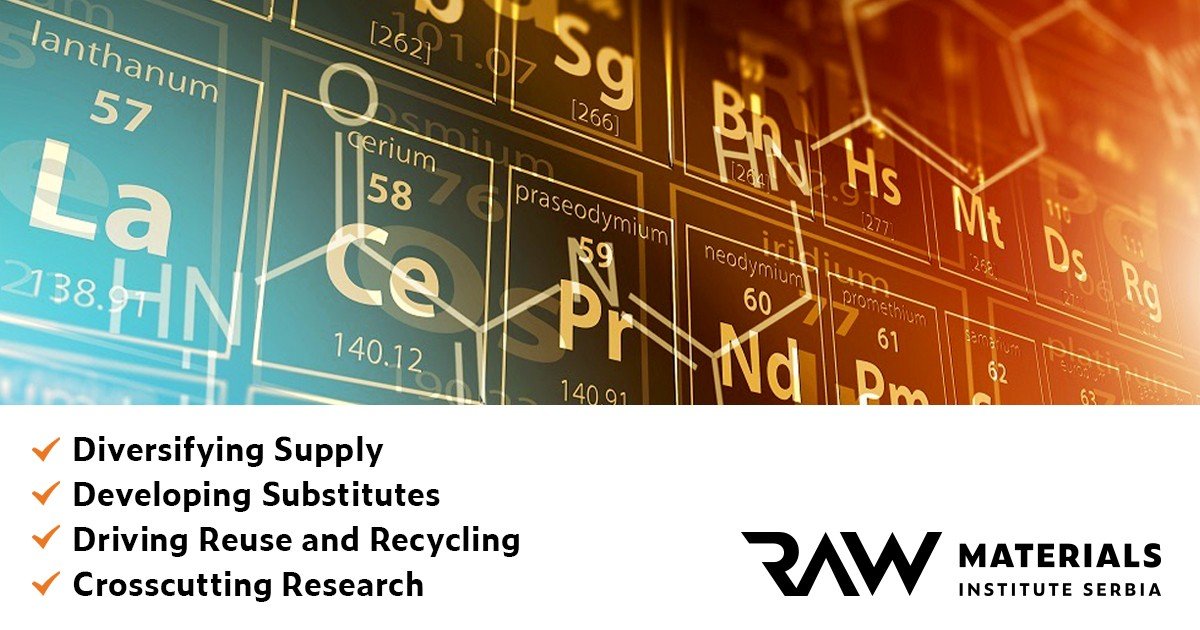The Romano lithium mine, proposed for Montalegre in Portugal’s northern district of Vila Real, has received a favourable conditional environmental impact statement from the Portuguese Environment Agency, but environmentalists are concerned about its impact.
One of Portugal’s largest environmental associations, Zero, reacted on Thursday with concern about the viability of the Romano lithium mine in Montalegre, saying it was “absurd” to separate the project between the mine and the refinery, which will be subject to a separate Environmental Impact Assessment (EIA).
“It’s worrying, and we’re talking once again about a project with high environmental, social and economic impacts, which is the subject of a favourable conditional opinion,” Nuno Forner from Zero told Lusa on Thursday.
“This opinion has a particular aspect, which is that part of the mining annexes complex is going to be the subject of a separate process, which we think is absurd, to say the least,” Forner added.
“Separating the project into several parts doesn’t make any sense,” he said.
The Portuguese Environment Agency (APA) issued a favourable report regarding the mine.
The APA’s decision is “favourable conditioned for mining and solution two (to the south-east of the mining area) for the location of the waste facility.”
As for the location of the refinery, washing plant and administrative buildings, the report said “it should be further analysed under a separate procedure” and should preferably focus on the location corresponding to solution A if “the project’s incompatibility with the Montalegre Municipal Master Plan is overcome”.
“We are concerned that the compensation and minimisation measures mention the possibility of the population being compensated in monetary terms so that they can buy another house or another plot of land or even be compensated for ending their agricultural activity,” said Forner.
This, in his opinion, “clearly shows that this is a project with major impacts”, particularly on the social component, which “can hardly be minimised” and that “the solution will be to push people out of the area.”
This is the second lithium project approved in Portugal after the favourable study conditioned on the Barroso mine (in May), proposed by Savannah for Covas do Barroso, in the neighbouring municipality of Boticas.
Source: euractiv









